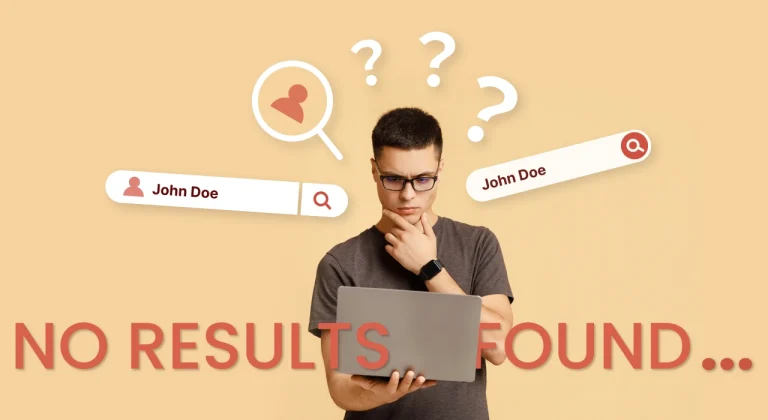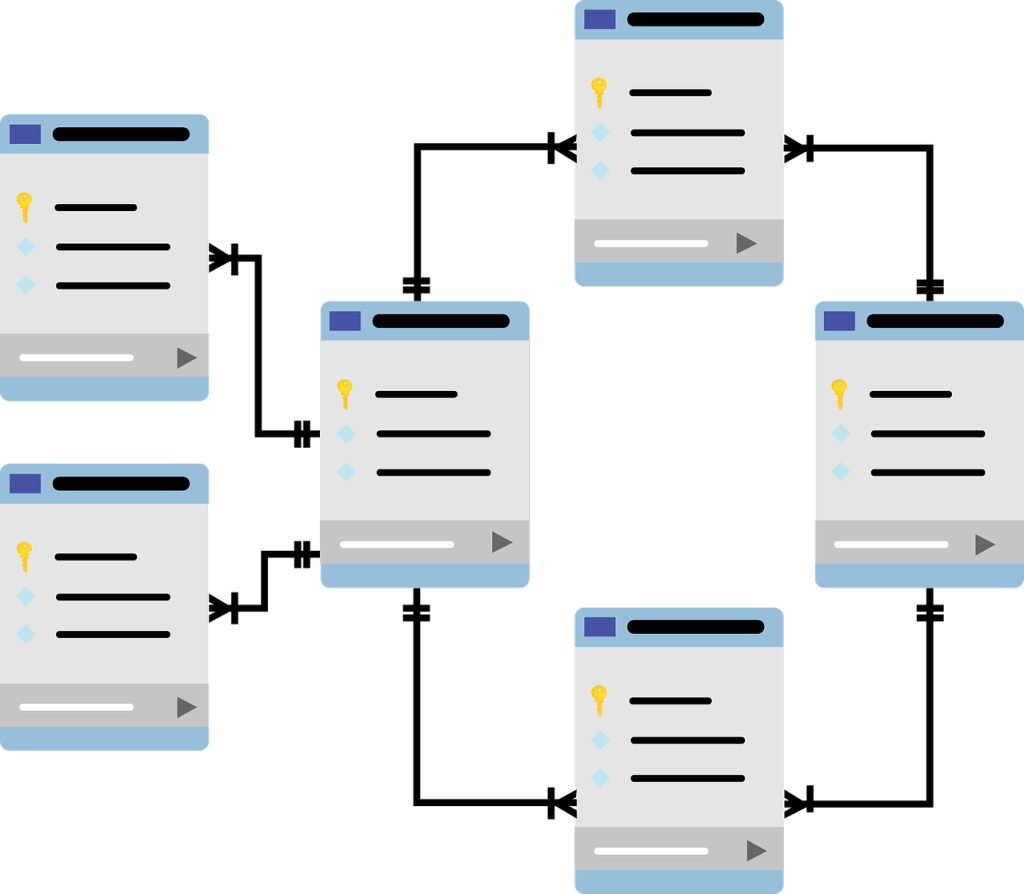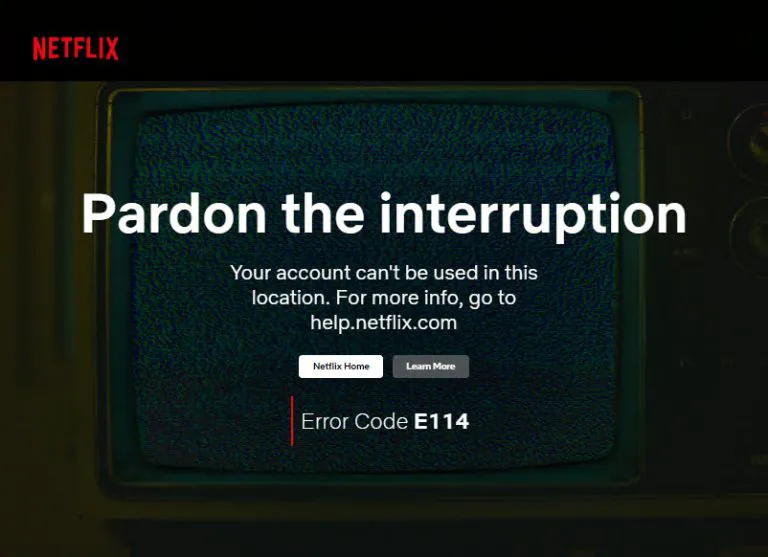Why People Search Sites Can’t Always Find What You’re Looking For?

People search sites can be helpful tools when we need to reconnect with old friends, verify backgrounds, or satisfy curiosity about individuals. However, users often encounter unexpected challenges when using these platforms. Sometimes, we can’t find the person we’re looking for or the information we need is frustratingly incomplete.
This inconsistency in results can be puzzling. Why do some individuals have a wealth of information available on these sites, while others seem to leave barely a digital footprint? To help you better understand and navigate the people lookup tools you’re using or considering, we’ve compiled key insights into how these platforms work and why they sometimes fall short of expectations:
We’ll explore:
How people search sites work
👀 Before diving in, let’s have a glimpse of how people search sites work, which is essential to understand the data sources and basic mechanism behind.
People search sites operate by aggregating data from a wide array of public sources. These include government records at the federal, state, and county levels, as well as publicly accessible information from social media profiles and websites.

The Federal Trade Commission (FTC) has reported on the extensive nature of these data collection practices[1]. Once gathered, the information is processed using sophisticated algorithms and matching logic systems. This process is designed to link data points across various records, creating profiles with the most relevant results for users.
The strength of these platforms lies not just in their diverse data sources, but in their capabilities to analyze, match, and synthesize vast amounts of information into coherent reports. While this process allows these platforms to provide detailed information, it does come with some inherent challenges.
Read more: Sources of Data: Where do people search sites get their data
Reasons you might not find what you want
1. Inaccurate or missing data
As previously mentioned, people search sites rely on data from a variety of public sources. This data can sometimes be inaccurate or outdated, even though people search sites have mechanisms in place to check the reliability of their information sources. It is still challenging to ensure 100% accuracy.
Moreover, public data sources are inherently limited in scope, covering only specific aspects of a person’s life. This means that if an individual’s activities don’t align with these particular data types, their people search report may be incomplete. Here are some examples of information that might be missing:
- No Property Ownership: Those who have never bought a house won’t appear in property records.
- Employment Gaps: People without a traditional employment history may not have employment records.
- Non-Voters: Those who have never voted won’t be found in voter registration sources.
- No Criminal Record: Individuals without criminal or traffic violations won’t have such information displayed.
- Never Married: Individuals who have never been married won’t have marriage records available.
In extreme cases, if someone has never engaged in any of these activities, there would be minimal public data about them. Consequently, a people search report on such an individual would be very limited.
2. Opt-out requests
Some individuals, out of privacy concerns, may request people search sites to exclude their data or use services that help them opt out. When they do so, the existing information such as addresses or phone numbers (but not sex offender status) would be removed.
This means that if you are using the particular site where the person has opted out, it might be difficult to find the information you seek in the incomplete reports. Yet this removal might be temporary until public records update their data or new data is crawled by the people search companies.
💡 Opting out from certain people search sites doesn’t mean that a person’s information is automatically erased from public databases. Their data is still accessible through other data sources such as government websites, social media platforms, or other people search sites that the individual might not have opted out of.
3. Privacy-conscious about online presence
In today’s digital age, some individuals are particularly mindful of their privacy and deliberately maintain a minimal online footprint. These privacy-conscious people often limit their digital exposure in several ways:
- They may avoid having multiple social media accounts or use them sparingly.
- When they do use social media, they often keep their profiles private and carefully control what information is publicly visible.
- They may consciously avoid sharing personal information such as location, employment details, or social connections online.
Such cautious approaches to online presence does have implications for people search sites:
- Fewer data points: with limited information available from social media, these sites have fewer data points to collect and analyze.
- Difficulty in verification: the scarcity of info makes it challenging for their algorithms to verify and cross-check data.
- Less detailed results: consequently, search results for privacy-conscious individuals tend to be less comprehensive and detailed.
4. Legal restrictions
In the United States, the Freedom of Information Act (FOIA) grants the public the right to access publicly available records[2] However, there are legal constraints on what information can be made public. These restrictions, designed to protect individual privacy and sensitive information, impact the data accessible through people search sites. Key examples include:
Age-Related Restrictions
- Data on Minors: Information on individuals under 18 is heavily restricted. That’s why there is less available data for younger adults on people search sites.
Specific Privacy Laws
- Drivers Privacy Protection Act (DPPA): This act regulates the disclosure of personal information gathered by state DMVs, such as vehicle owner details[3].
Additionally, the rise in privacy worries has prompted the creation of state-specific laws that impose tighter limitations[4] on the availability of personal data. All these legal constraints help explain why certain details may be absent from people search websites.
5. Variations among people search engines
Different people search sites have distinct features and data focuses, tailored to various market needs. This means that the type and amount of information available can vary from one site to another. Below are some people finders that feature different information focuses:
In the field of online people search tools, there are free and paid services you can opt for. The free ones usually offer basic info such as name, age, and location history but often lack in-depth data like criminal records or social media profiles. While the Paid services usually provide more comprehensive and updated reports.
Conclusion
Finding accurate and comprehensive information on people search sites can be challenging due to various factors. While these sites are more convenient and time-saving when we need to find or know about someone, they may fall short in meeting all consumer needs.
Understanding the limitations, such as inaccurate data, opt-out requests, minimal online footprints, legal restrictions, and variations in site features, helps set realistic expectations when we’re using their services.
Tips to increase search success
- Use specific information: If the name you’re searching for is common, include a middle name or more specific details to narrow down the results.
- Check spelling and filters: Ensure that the spelling is correct and the filter options you enter are appropriate. Incorrect spelling or improper filters can make it difficult for search engines to pull the correct match from their data sources.
- Try variations: Consider trying different variations of the name if you are unable to find a match with your previous attempts.
Reference
- DATA BROKERS: A Call for Transparency and Accountability. (2014, May). Federal Trade Commission. https://www.ftc.gov/system/files/documents/reports/data-brokers-call-transparency-accountability-report-federal-trade-commission-may-2014/140527databrokerreport.pdf↩
- Freedom of Information Act (United States). (2024, May 30). In Wikipedia. https://en.wikipedia.org/wiki/Freedom_of_Information_Act_(United_States)↩
- Electronic Privacy Information Center. (n.d.). The Drivers Privacy Protection Act (DPPA) and the Privacy of Your State Motor Vehicle Record. https://epic.org/dppa/↩
- Andrew Folks. (n.d.). US State Privacy Legislation Tracker. The International Association of Privacy Professionals. https://iapp.org/resources/article/us-state-privacy-legislation-tracker/↩
 View all of Evie Gan's posts.
View all of Evie Gan's posts.




